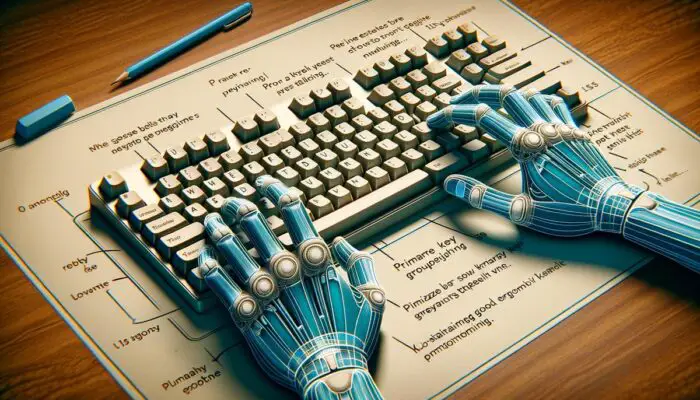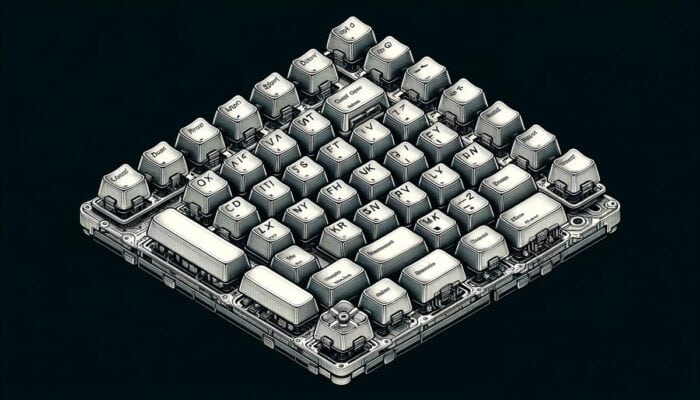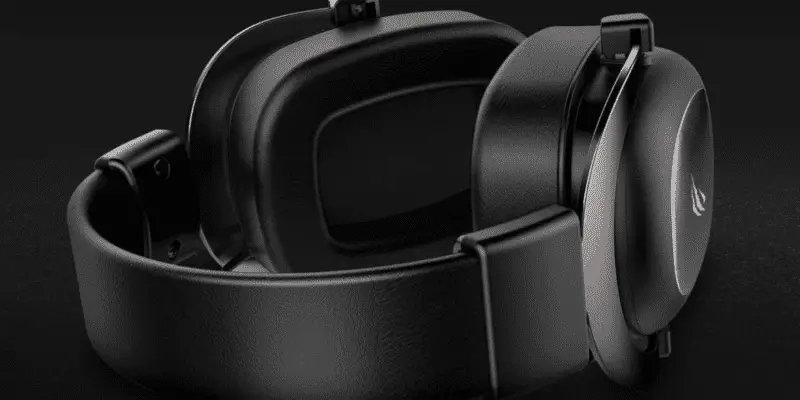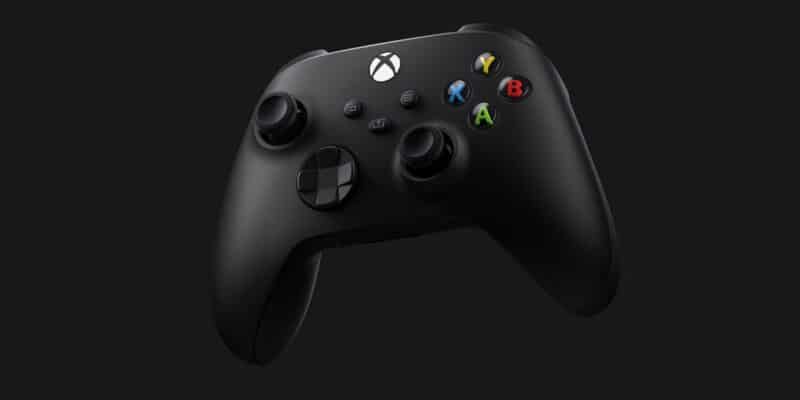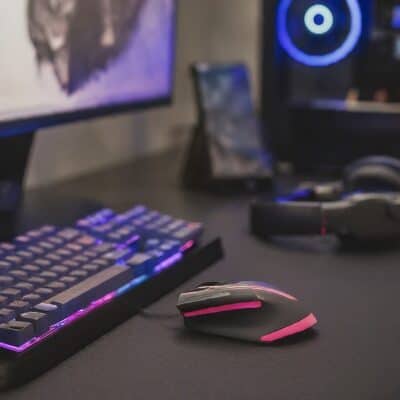Gaming Laptops, Blog
Can I Use Gaming Laptop While Charging? 2 Superb Facts That You Should Know About It
Can I use gaming laptop while charging? It’s a question that many gamers find themselves asking, and while some may say yes, others may say no. We’ve all been there. You’re playing a game on your laptop and suddenly the battery dies. You can’t even pause the game so you have to wait for it to charge before you can play again. But what if you could just keep playing while it’s charging? Find out the answer of that question by reading this article until end. In this blog, we also have an article about gmolo core i7 8th gen quad core gaming laptop review that you might want to read about it
Can I Use Gaming Laptop While Charging?
It is OK to leave the battery plugged in while gaming, and no, the battery cannot be overcharged. Modern gaming laptops are powered by Lithium-ion (Li-ion) or Lithium Polymer (LiPo) batteries and have an inbuilt circuit that prevents the battery from being charged further once it reaches 100 percent capacity. Charging continues only when the battery’s voltage drops.
Indeed, keeping your gaming laptop plugged in is suggested for optimal performance. This is because they include powerful CPUs and graphics systems that use a significant amount of electricity and significantly degrade battery life. Certain gaming laptops, such as the Alienware Area-51M, need two power adapters to operate.
Is It Harmful To Leave My Gaming Laptop Plugged In All The Time?
Once your battery is fully charged and plugged in, charging stops and your laptop continues to operate on external power. By restarting charging only after a specified amount of self-discharge or laptop usage has occurred, damage to the battery is avoided.
This results in less battery wear and enables you to game for hours without constantly plugging in and out. The following factors contribute significantly to the longevity of Lithium and Polymer batteries:
Why You Should Not Use Batteries To Play Games
Playing the majority of games on battery power may result in significant harm to the battery and internal components of your laptop. When you play graphics-intensive games on battery power, the game places a greater demand on the laptop’s resources, but the laptop’s battery power is insufficient to offer all of the needed resources. This often results in poor frame rates in games and your laptop overheating.
You will see reduced frame rates in games as a result of the GPU not operating at maximum capability. Laptop manufacturers and the operating system impose a limit on the amount of resources that a component may use when working on battery power. While you may adjust the Windows power choices settings to compel the machine to function at full speed, you will notice a significant and rapid decrease in your laptop’s battery power %. Your battery power would rapidly drain from 100% to 0% in a short period of time.
On the other side, overheating occurs as a result of the limited RPM (rotations per minute) of the fans used to keep your laptop’s internals cool. Again, laptop makers and your operating system imposed a limit on the speed at which the fans may operate when on battery power. If your laptop has software that enables you to adjust the fan speed, you can configure it to operate at peak performance. However, you would be doing more damage than good to your battery by doing so. Additionally, you will notice a rapid reduction in battery power in this instance.
Apart from that, since the internal components are subjected to significant stress (due to battery use), their potential performance degrades with time. If you often run high-demanding games on battery power, you risk harming your CPU, GPU, and eventually your battery.
Will Your Laptop Battery Overload If You Leave It Plugged In For An Extended Period Of Time After Charging?
No, when plugged in after attaining 100 percent charge, your laptop battery will not overload. Nowadays, computers (and almost anything else with a battery) have an auto-cut feature that prevents the battery from overcharging. The majority of laptops utilize lithium-ion batteries that have this technology.
Related Articles For You!
- You may like: What Are The Different Types Of PC Cases? 3 Types Of PC Cases That Superb And You Should Know About It
- You may enjoy this article about: Best Gaming PC Case For Gamers (2022)
Our Latest Posts:

